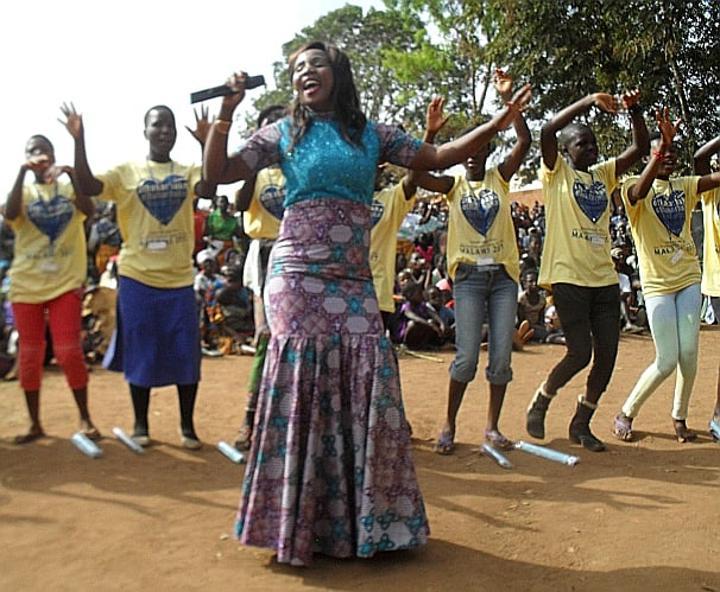Africa-Press – Malawi. The nomination list for the annual Maso Awards, which celebrates the achievements of Malawi’s music and film industries, has sparked a flurry of reactions.
While the awards usually generate excitement, this year’s nominations have seen several prominent artists, including Emmie Deebo, Mr Jokes, Ethel Kamwendo Banda, and Zeze, opting to bow out of contention. Meanwhile, artists like Gwamba and Temwa have suggested that some deserving names were left off the list.
In response to these withdrawals, the organizers of the Maso Awards issued a statement reassuring the public, suggesting that this kind of situation is not new and typically happens because some artists may fear the competition. But does this bowing out reflect a fear of competition, or is it a noble act of sportsmanship?
Fear of Competition?
One interpretation of the artists’ decision to withdraw could be that they fear losing out to other, perhaps more popular, contenders. The Maso Awards are highly regarded, and for some, not winning could damage their reputation or public image.
In a highly competitive industry, such concerns are valid, especially when the voting process can be unpredictable. Artists like Emmie Deebo, Mr Jokes, and Ethel Kamwendo Banda have long been influential in the industry, so their decision to step aside might indicate their reluctance to engage in what could be seen as an unpredictable or unfair contest.
If this is the case, it may also be a reflection of deeper issues within the awards system—perhaps the fear of favoritism, biased voting, or even concerns about how nominations are determined. The suggestion by the organizers that some artists withdraw due to fear of competition could be a subtle acknowledgment of these dynamics.
A Noble Gesture?
Alternatively, this withdrawal could be viewed as a noble gesture. Many artists in Malawi understand the value of supporting emerging talent, and stepping aside to make room for others could be seen as an act of selflessness. By bowing out, these seasoned artists may be choosing to elevate less established musicians, offering them a chance to gain recognition they might not have otherwise received. In an industry that often relies on popularity and established fanbases, withdrawing from a highly contested category could help highlight fresh voices and new creative contributions.
This could be a demonstration of humility and maturity within the entertainment scene—acknowledging that the industry is not just about individual accolades but about collective growth. It could also be a sign of camaraderie among artists, where the goal is not personal success, but the overall advancement of the Malawi music and film sectors.
The Debate Continues
The suggestion by Gwamba and Temwa that certain artists should have been nominated raises an important question: Should the awards reflect a more inclusive approach that takes into account a wider range of talent, or is it just a matter of personal opinion on who “deserves” to be recognized? Gwamba and Temwa, both prominent figures in the industry, are not alone in voicing such concerns, suggesting that there is still room for growth in how the nominations are handled.
In the end, whether the bowing out of these artists is due to fear of competition or an act of nobility remains open to interpretation. What is clear, however, is that such decisions spark valuable conversation about fairness, transparency, and the representation of diverse talent in the awards process.
For now, the Maso Awards continue to be a platform for celebrating Malawi’s best and brightest in music and film, with these withdrawals and suggestions adding another layer of complexity to the ongoing debate on the awards’ true meaning and impact.
For More News And Analysis About Malawi Follow Africa-Press






